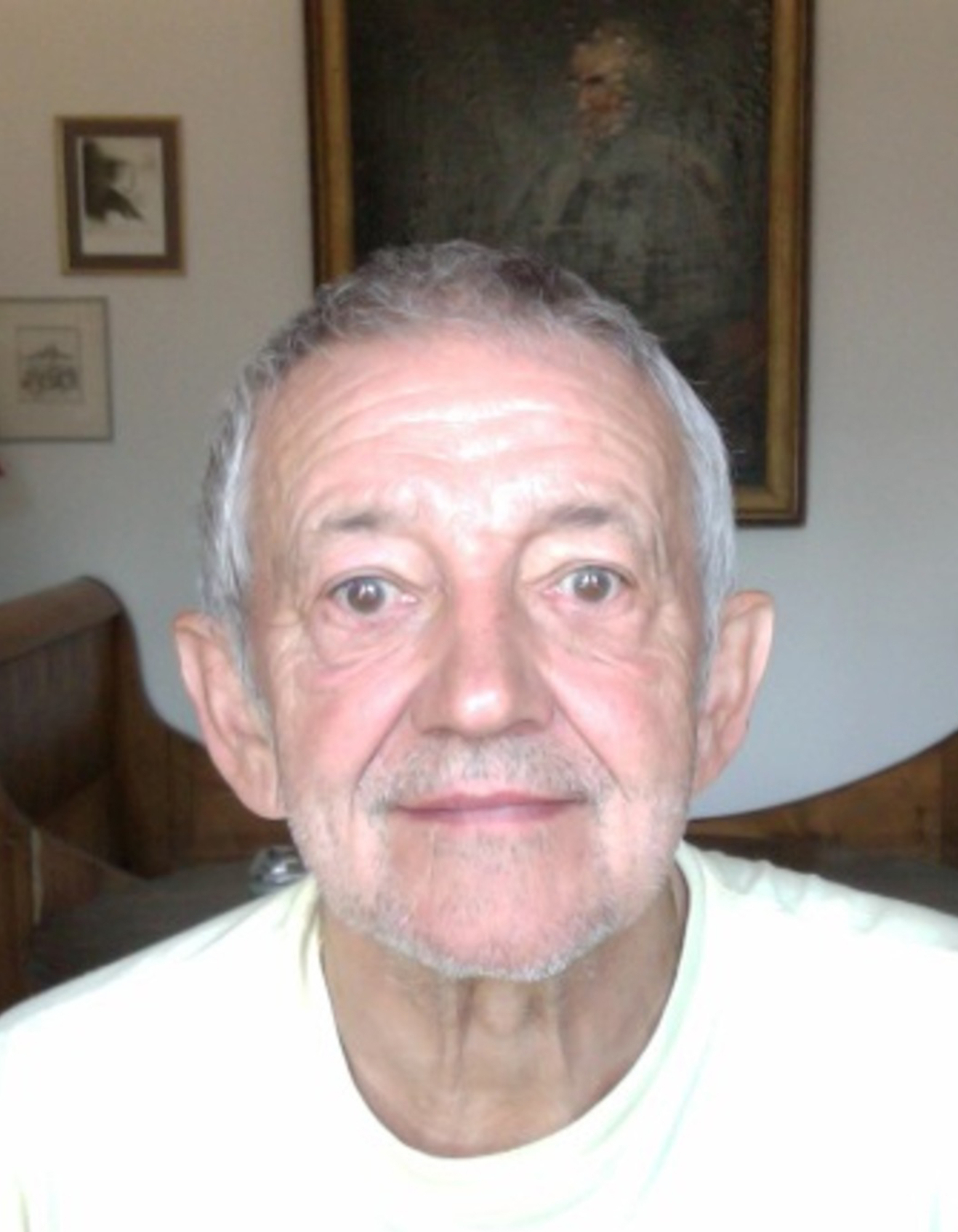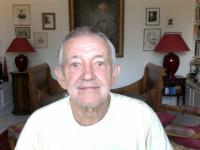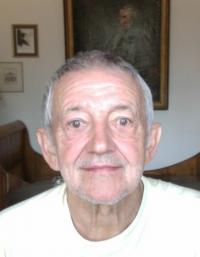Then they approved me for a three-day trip, it was miracle

Stáhnout obrázek
Jiří Henych was born on 24 July 1941 in Čáslav. He lived in Liberec after the war, as his mother, a paediatrician, moved there in 1945 on request of the ministry of health to provide healthcare in the border region. Jiří Henych attended grammar school and after his graduation he went on to study medicine. But after two years of studies he purposefully stopped his studies. At the time he was already hoping to leave communist Czechoslovakia and was beginning to plan his escape over the borders. After completing military service he began signing up for various trips to „capitalist“ destinations, but these were never approved. To improve his chances and despite his education, he decided to find employment as a manual labourer, as this would better enable him to reach the much-desired West. He began working as an unskilled labourer at LIAZ, and it was here in 1966 that he was finally allowed to join a trip to Vienna. It was a three-day trip using a joint passport for 40 travellers. They crossed the Czechoslovak borders at Hatě, near Znojmo. Upon arriving in Vienna, Henych abandoned the group at the first possible moment. He contacted his old, chance acquaintances from Liberec, who were then living in Stuttgart. These expelled Sudeten Germans had formerly pledged to help him. They kept to their promise and came by car to Vienna, where they picked him up and took him to West Germany. Seeing as Jiří did not have a passport, he did not cross the German-Austrian border with them in the car, but he instead got out shortly before the toll gate and crossed over the green border, which was left unguarded, unlike the Czechoslovak one. In West Germany he turned himself in to the local authorities and spent six weeks in the refugee camp in Zirndorf near Nuremberg. He then departed to Sweden, where he also had an acquaintance, who subsequently employed him. During a trip to Switzerland he met his future wife and decided to stay in the country. He started a family there and worked as a physiotherapist. He visited Czechoslovakia for the first time after his emigration in November 1989. He found himself returning to his homeland more and more often, until finally he and his Swiss wife decided to settle down in the Czech Republic permanently. They made their home in Nové Bystřice in South Bohemia, where they built themselves a house just a few hundred metres from the Austrian state border - the same border across which he first entered the free world some forty years before.

